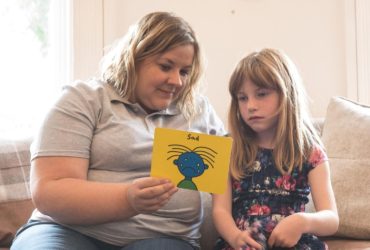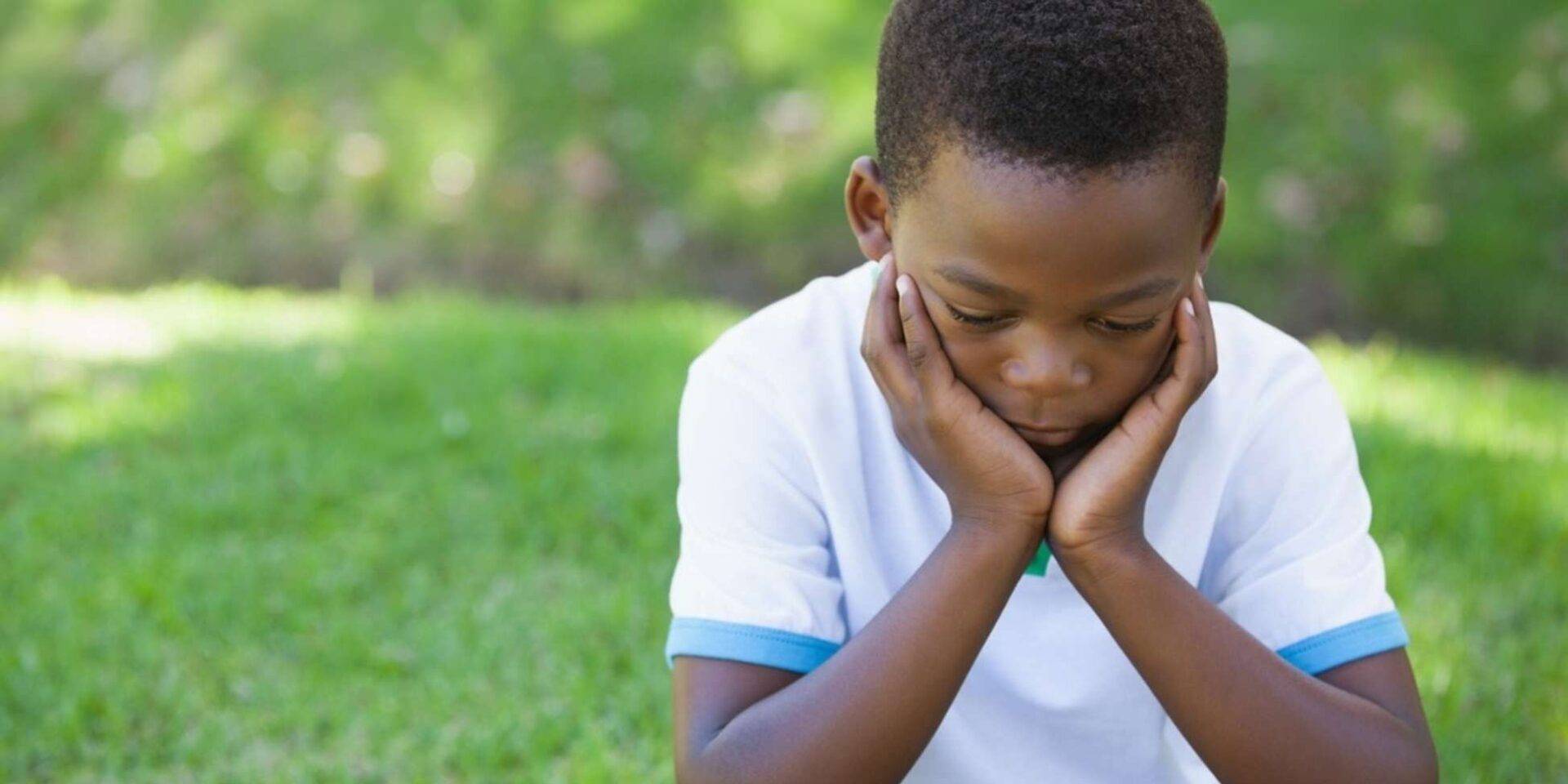The death of a parent can be one of the most devastating experiences a child can experience. Everyone grieves differently and how a child reacts and copes with their grief can depend on a number of things, including their age or developmental stage, their relationship to their parent and the support they have around them. Here are some ways you can help a child after the death of a parent.
Be honest about what has happened
Explain the situation in age-appropriate language and answer their questions as honestly as you can. It’s better to use clear and direct language with children. Use the words ‘died’ and ‘dead’ rather than ‘passed away’ or ‘lost’ when telling them. These terms can lead to confusion, especially in younger children who may wonder if they can go and find a person who is now ‘lost’.
Let children ask questions
It’s not uncommon for young children to ask lots of repetitive questions. This doesn’t mean they haven’t listened or that you haven’t explained it well enough. This is just how children work out what’s going on.
Letting children know they can ask more questions in the future is also important, this tells them that they can rely on the adults around them to provide the truth at a confusing time. Even if you do not know the answers immediately you can reassure children and let them know you’ll try to find out.
Don’t hide your grief from children
Grief is complicated and adults and children can experience a range of emotions. Children will look to the adults around them to make sense of grief and try to understand how they should react.
Often people worry about children seeing them upset as are worried they’ll make things worse. However, seeing you cry and talking to children about how you feel and why can help them to understand that it’s ok to be sad or angry or whatever they feel and that they can talk about their feelings with you, rather than bottle them up.
Let them grieve in their way
Grief can bring many different emotions and feelings and it’s important that the child can express their loss in a safe and supportive environment. Let them know that it’s okay to feel however they want to feel. There is no right or wrong way to grieve.
Continued below…
Help provide structure and routine
The death of a parent can turn a child’s life upside down, but they can often find comfort in routine and structure. Try to maintain a sense of normalcy by sticking to regular routines that they are used to.
Find ways to remember the parent who has died
Children can be worried that they will forget the parent who has died, especially as they grow up. You can help by finding ways to remember them. This could include creating a memory box, making a scrapbook, or sharing stories and photos together.
Offer support from others
Help the child connect with other supportive adults, such as family members, friends, or a Winston’s Wish support worker, who can provide additional help and guidance.
Take care of yourself
Supporting a child through the loss of a parent can be emotionally and physically exhausting. Make sure to take care of yourself by getting enough rest, eating healthy, and seeking support from others when needed.
Remember, everyone grieves in their own way and in their own time. It is important to be patient and understanding, and to continue to offer support as the child navigates through this difficult time.
Getting professional grief support
If you are supporting a child or young person who is struggling with their grief, please call our Freephone Helpline team on 08088 020 021 (8am -8pm, weekdays) or email ask@winstonswish.org. We are here to help and can provide advice, support, and resources. Winston’s Wish provides support for children, young people up to the age of 25 and adults supporting them.
You may also like

Publications and resources
Specialist books can help you support grieving children and young people and memory boxes are perfect to store treasured items.

Information and advice
Advice and resources to support children and young people, including on bereavement by suicide, homicide and serious illness.


